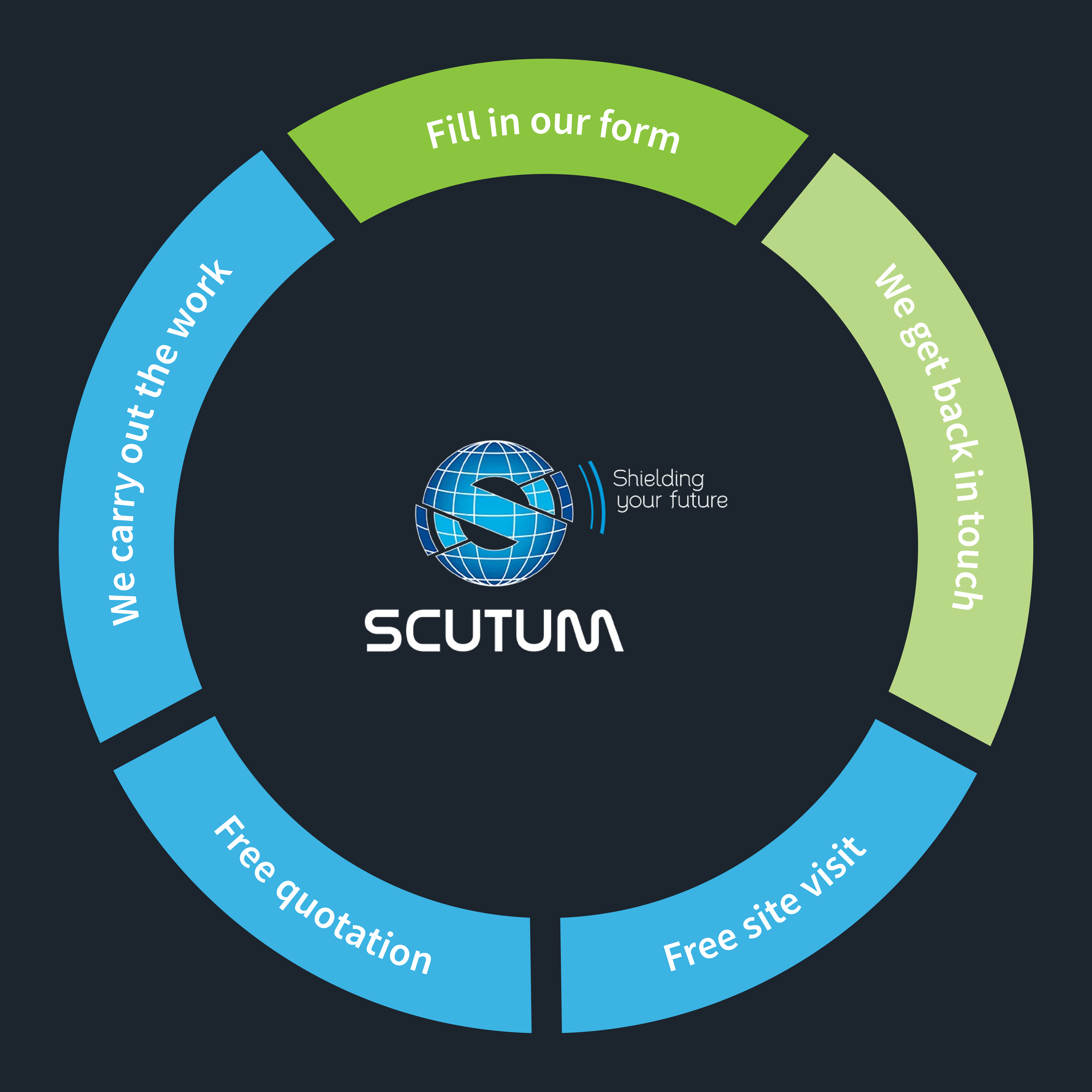Carbon Monoxide Awareness Week – 17th November
With the arrival of the annual Carbon Monoxide Awareness Week, there is no better time to examine the dangers of this potentially fatal gas, and how it can affect people and businesses across the country.
A registered charity run by unpaid volunteers, Carbon Monoxide Awareness works to educate people on the facts (and debunking the myths) surrounding the gas; where it comes from, how its effects manifest themselves as symptoms, and providing advice to those who might suspect they are regularly exposed to carbon monoxide.
What is Carbon Monoxide and how is it produced?
Less dense than air, carbon monoxide (CO) is comprised of equal parts oxygen and carbon, and its poisonous qualities have been noted since the days of the ancient Greeks.
When carbon-based fuels fail to burn fully, carbon monoxide can often form as part of a by-product of the chemical reaction. Materials such as gas, oil, wood and coal are burned in an environment that becomes starved of oxygen, carbon dioxide builds up, and the fuel cannot burn correctly. This is when carbon monoxide is released.
Dangers of Carbon Monoxide
Carbon monoxide is colourless, tasteless and odourless, making it extremely difficult to detect without the aid of specialised equipment. However, exposure to large quantities of it can be highly dangerous.
The gas combines with hemoglobin, and essentially replaces oxygen in the blood, poisoning the person inhaling it. In extreme cases, this can be fatal, but is also responsible for a wide range of other negative effects, such as nausea, dizziness and even comas.
Carbon Monoxide Poisoning Symptoms
Recognising the signs of carbon monoxide can be difficult, as symptoms could manifest themselves in a number of ways that could be mistakenly attributed to a different illness, such as the flu.
Some of the common warning signs include
- Nausea
- Dizziness
- Headaches
- Vomiting
- Fatigue
If you suspect you may be suffering from carbon monoxide poisoning, stop using any appliances that may potentially be causing the gas to be released and vacate the premises. Contact the gas emergency professionals (0800 111 999) for further information, and consult with health professionals immediately if symptoms do not subside.
Treatment for extreme cases usually involves oxygen therapy at a hospital, and in the majority of situations lasting damage to internal organs is unlikely.
Common Causes of Carbon Monoxide Exposure
Carbon monoxide can form in a number of different ways around the home or within commercial buildings, and being able to spot the signs is important in preventing the onset of CO poisoning.
Kitchen appliances and heating equipment are regular culprits, with bad maintenance and blockages in ventilation components/chimneys/flues often causing major issues. Similarly, the use of appliances that are designed to be outside (heaters, BBQs etc.) indoors can be highly dangerous without sufficient ventilation.
If there are issues with adjoining properties, this could also affect your health, so look out for signs of a carbon monoxide leak in the vicinity, such as black stains on the walls (particularly around boilers, heaters and fireplaces), or pilot lights that burn yellow instead of blue.
Take heed of the advice and information above, and make sure you stay safe this carbon monoxide awareness week.
Keep your business premises safe for all your staff and visitors by talking to Scutum London about your fire safety and security requirements – we offer free site visits, professional fire risk assessments and the very latest equipment supplied, installed and maintained to the highest standards.
Contact us now for more information and advice.
Request a Callback
Just fill in your details below and we'll get back to you as soon as we can!

About Scutum London
Scutum London is a leading expert in fire safety and security solutions for businesses and organisations located across South East England, including London and Surrey.
From fire alarms, fire extinguishers and fire risk assessments to access control, CCTV and intruder alarm systems – and a lot more besides – we offer a comprehensive range of products and services designed to keep you, your business and your staff and visitors safe.
With decades of industry experience to call on, we’re proud to hold accreditations from leading trade associations and bodies such as British Approvals for Fire Equipment (BAFE), the British Fire Consortium, the Fire Industry Association (FIA) and Security Systems and Alarms Inspection Board (SSAIB).
If you’d like to find out more about Scutum London, get in touch with our friendly team or explore our products and services on our site.

